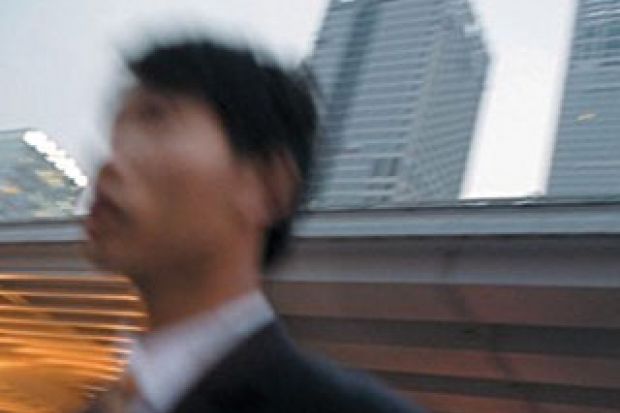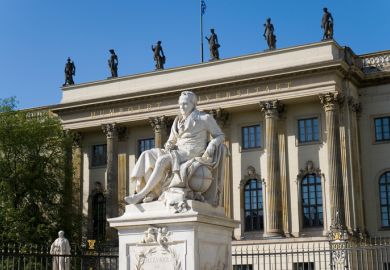After reading this compendious and convincing study of Chinese class, I see that what seemed to me a class-ridden Britain is actually the epitome of social equality. David Goodman here shows us a China of vast and growing economic unfairness, together with significant and indisputable “inequalities of power, social status, culture, and lifestyle”.
Goodman, who is professor of Chinese politics at both the University of Sydney and Nanjing University, draws a picture of unfairness and exploitation that is as plain as a pikestaff. The reason he remains welcome in China, I presume, is that many of his revealing, not to say damning, conclusions about post-Mao “reformist” China arise from the meticulous research of Chinese scholars. That research, and Goodman’s own thoughtful analysis, shows that a majority of Chinese – peasants, women, migrants, urban workers, all outside the elite stratum – are worse off than in Mao’s time; in those decades, although their incomes were always low, health, education and housing were free, and a worker held her or his job for life. Nowadays, when 85 per cent of the population make up the Chinese “subordinate class”, many jobs are at risk. And for tens of millions of rural migrants – the real underdogs, doing much of their disdained work in cities – there are no rights at all, and those for whom they work despise them as people “without culture”. A young peasant woman who moved to the city to work writes to her boyfriend: “Why do the local people never treat us as human beings? Now that I am out in the world, I find myself a hundred times more worthless than in the village.”
I expected to read that 90 per cent of China’s millionaires are the children of high-ranking officers; no surprise there. But what astonished me is Goodman’s revelation of the “intergenerational transfer of privilege…the continuation of specific family influence from the pre-1949 local elite, through the establishment of the Party’s political elite into the contemporary economic elite”, namely, that “the business people before the Communist Party-state was established…became business people themselves…once political change permitted”. In short, it was a stupendous advantage for someone in today’s economic elite “to have had a parent or grandparent in a similar position before 1949”. So much for revolution. No wonder, as Goodman makes clear, that the members of the elite dislike the idea of political or social democratic reform. Why should they? They have benefited from the status quo. Even the rising tide of peasant riots does not fundamentally threaten the regime.
Goodman, like Kerry Brown in The New Emperors: Power and the Princelings in China, argues that while “senior leaders of the CCP and PRC government are forbidden from engaging in sideline activities…there seems to be little check on their close relatives, many of whom would appear both to be more than considerably wealthy”. It is a widely resented injustice.
Is there a middle class in China today? Goodman is sceptical as to whether it exists. The Party encourages the concept, he suggests, to spur economic growth and to “mediate the increasing social inequality”. But it is hard for Goodman to escape the conclusion that “the Party-state’s middle class is more a discourse than a social structure”.
An invaluable book, Class in Contemporary China would be more readable if its narrative were not interrupted with citations inserted into the text, rather than at the ends of chapters.
Class in Contemporary China
By David S. G. Goodman
Polity, 256pp, £50.00 and £15.99
ISBN 9780745653365 and 3372
Published 29 August 2014
Register to continue
Why register?
- Registration is free and only takes a moment
- Once registered, you can read 3 articles a month
- Sign up for our newsletter
Subscribe
Or subscribe for unlimited access to:
- Unlimited access to news, views, insights & reviews
- Digital editions
- Digital access to THE’s university and college rankings analysis
Already registered or a current subscriber?





